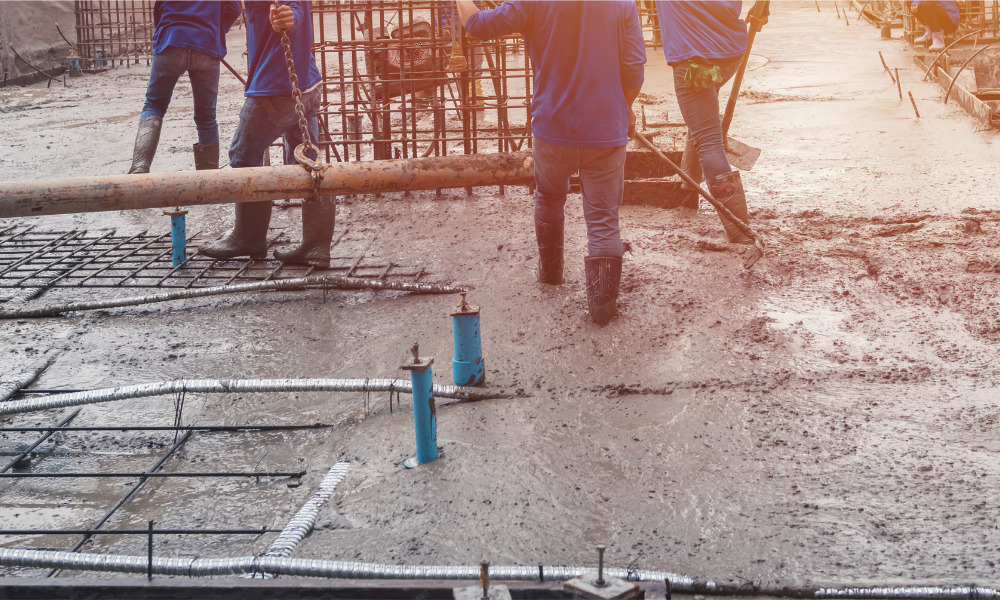Exception to freezing exclusion in policy insuring against all risks applies, says appellate court

The Court of Appeal of Manitoba as allowed an appeal of a plaintiff whose floor was damaged by de-ing fluid on a poured concrete floor, with the judge ruled the trial judge failed to properly interpret the words “caused directly” in the exception clause of the insurance policy.
If interpreted properly, the exception would apply because the loss was caused directly by a peril not otherwise excluded under the policy, the appellate court said, ordering the defendant to indemnify the plaintiff for the loss,
In Sher-Bett Construction (Manitoba) Inc v The Co-operators General Insurance Company, 2021 MBCA 10, the plaintiff was a general contractor hired to construct a new building. In November 2016, the plaintiff’s subcontractor poured a concrete floor. In December 2016, the plaintiff’s principal applied a de-icing chemical to the floor to ensure that the floor would be safe and not slippery for the construction workers, then noticed two or three days later that the floor had surface damage in areas where the de-icer had been applied. Attempts to remediate the situation failed.
A claim was filed under the builders’ risk broad form insurance policy issued by the defendant insurance company, which insured against all risks of direct physical loss of or damage to the insured property, subject to certain exclusions such as a freezing exclusion for loss or damage “caused directly or indirectly” by frost or freezing. The freezing exclusion was subject to an exception for loss or damage “caused directly” by a peril not otherwise excluded under the policy.
Upon the defendant’s denial of the claim on the basis of the freezing exclusion, the plaintiff brought the case to court. The trial judge also denied the plaintiff’s claim, agreeing with the defendant that the freezing exclusion barred recovery under the insurance policy. The trial judge found that the application of the de-icer resulted in a freeze-thaw cycle, which caused the damage to the floor.
The plaintiff had conceded that the freezing exclusion applied, and the appellate court agreed after a detailed examination of the applicable jurisprudence in the province. As for the meaning of “caused directly” in the exception to the exclusion, the appellate court said that this should be interpreted as the proximate cause in terms of efficiency, or the effective, dominant or substantive cause as determined by common sense, even though it is a more remote cause in terms of time.
The appellate court disagreed with the interpretation of proximate cause as that closest in time and disagreed with the interpretation of “directly” as immediately preceding the loss because such an interpretation may lead to arbitrary results that would render insurance coverage illusory.
The appellate court said that its interpretation of “caused directly” is supported by reasonable commercial expectations surrounding builders’ risk insurance policies and by the contra proferentem principle, which calls for the court to construe the policy against the one who drafted it.
The appellate court noted that the trial judge’s factual findings emphasized the significant ongoing role of the de-icer and the fact that the parts of the floor where the de-icer was not spread were not damaged. The appellate court concluded that the plaintiff satisfactorily established that the exception applied and that the damage to the floor was “caused directly” by applying the de-icer, which was, in substance, the effective or dominant cause for the loss, without which the floor would not have been damaged.










